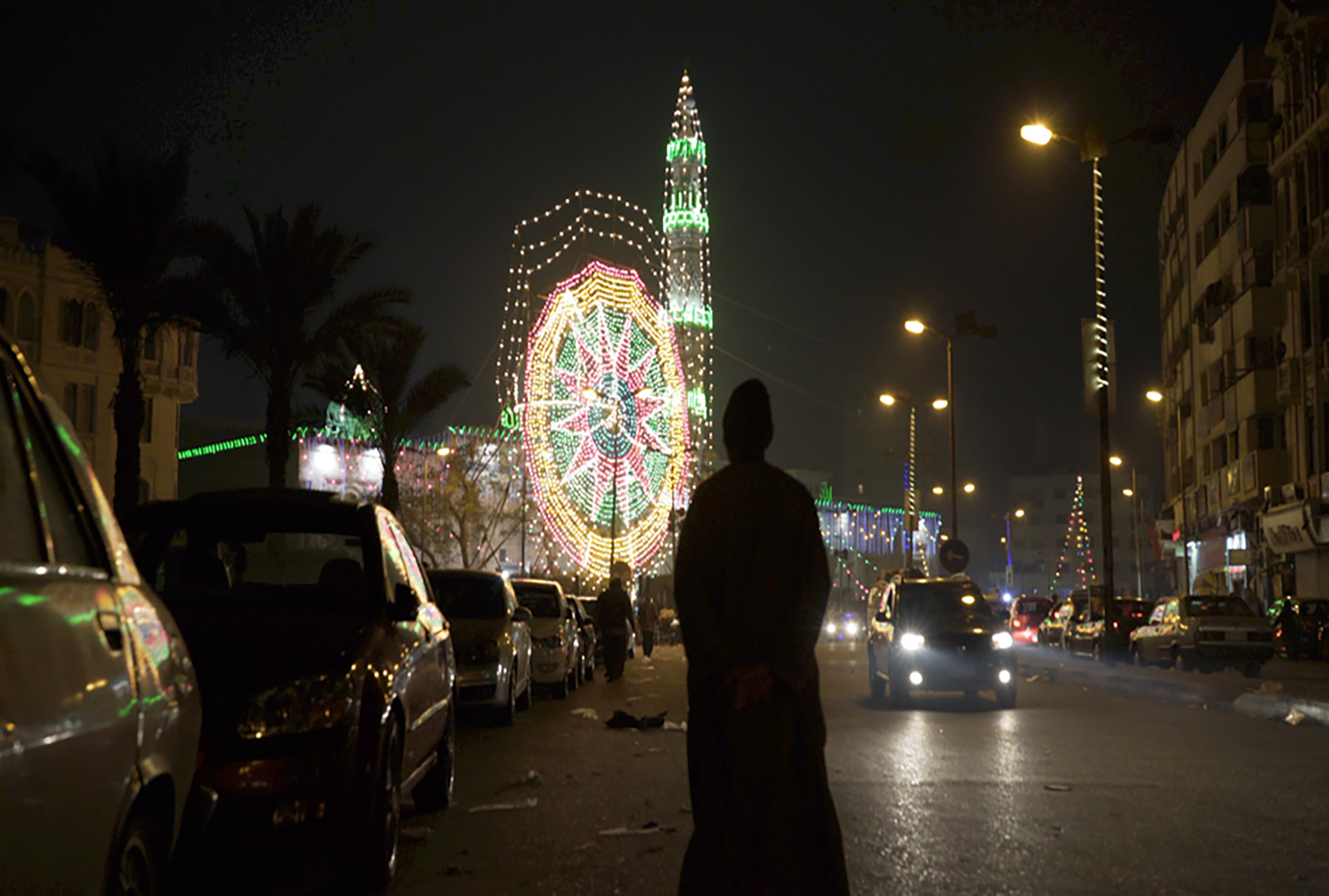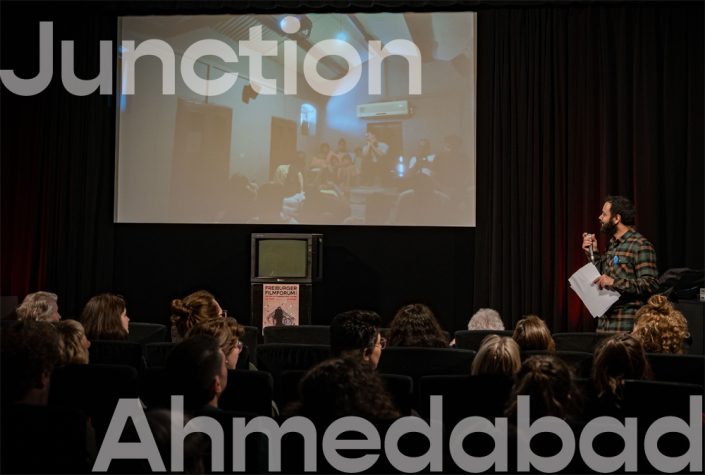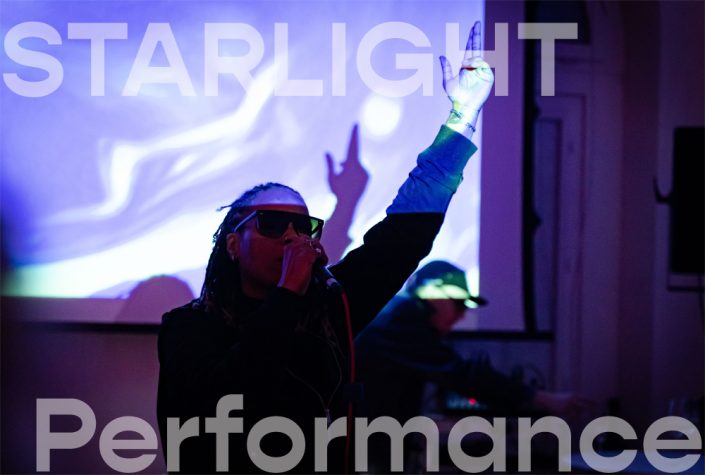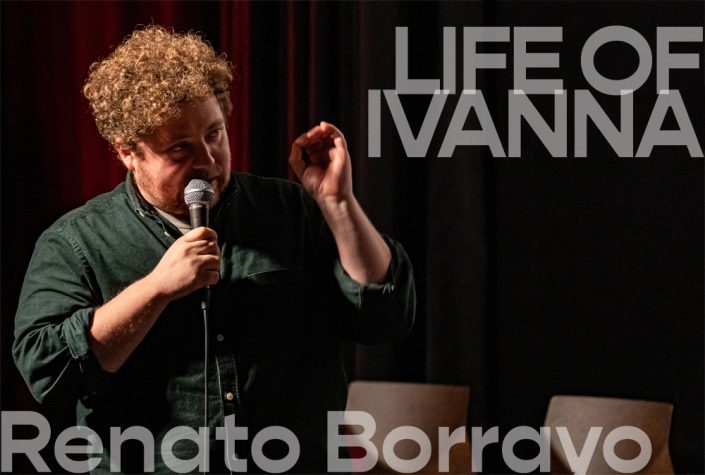- Workshop: Becoming a Storyteller - Exchange space with Rafiki Fariala
- Workshop: Collaborative Filmmaking – Why relationship matters
- Workshop: Different modalities of invisibility - The light and love in our eyes
- Workshop: Exchange space with Hà Lệ Diễm
- Workshop: Iranian Visual Anthropology through missing archives - Film screening and film talk on “Under the Shadow of the Oak Tree”
- Workshop: Multimodal Performance Ethnography - Towards collaborative future-making
- Workshop: Queering Visual Anthropology - irritation, confrontation, finding home
workshops
Tue, 16-May-23 11:00 AM
Workshop: Collaborative Filmmaking – Why relationship matters
Mon, 15-May-23 02:00 PM
 What are essentials to a sensitive approach to film? How does relationship-building in filmmaking influence the whole experience for all participants? What does collaboration really mean in a practical sense … read more
What are essentials to a sensitive approach to film? How does relationship-building in filmmaking influence the whole experience for all participants? What does collaboration really mean in a practical sense … read more
Workshop: Different modalities of invisibility - The light and love in our eyes
Mon, 15-May-23 11:00 AM
 Films are made of light, and we cannot make films without light. Yet light itself only becomes visible through the aspects of the world that it reveals. And to complicate … read more
Films are made of light, and we cannot make films without light. Yet light itself only becomes visible through the aspects of the world that it reveals. And to complicate … read more
Workshop: Exchange space with Hà Lệ Diễm
Sat, 20-May-23 01:30 PM
 Hà Lệ Diễm is an independent female filmmaker working in Vietnam. CHILDREN OF THE MIST is her first feature-length documentary film. Behind the making of the film, lies a deep … read more
Hà Lệ Diễm is an independent female filmmaker working in Vietnam. CHILDREN OF THE MIST is her first feature-length documentary film. Behind the making of the film, lies a deep … read more
Mon, 15-May-23 04:30 PM
 This workshop is a reflection of my journey as a female Iranian student in Visual Anthropology, based on the research project that I conducted during my bachelor studies at the … read more
This workshop is a reflection of my journey as a female Iranian student in Visual Anthropology, based on the research project that I conducted during my bachelor studies at the … read more
Workshop: Multimodal Performance Ethnography - Towards collaborative future-making
Tue, 16-May-23 02:00 PM
 Our present is defined by uncertainty – social, political, economic, and ecological – and how we understand and relate to such uncertainty shapes how we forge our futures. In recent … read more
Our present is defined by uncertainty – social, political, economic, and ecological – and how we understand and relate to such uncertainty shapes how we forge our futures. In recent … read more
Tue, 16-May-23 04:15 PM

How can we use methods of irritation and confrontation within our filmmaking practice to irritate the status quo and show that there are more ways of being in and experiencing the world than covered within normative narratives? How do we keep a high level of sensitivity within the work together with protagonists when working on sensitive topics? How can we thematize sensitive topics like home and belonging in film by showing the struggles of locating one’s own identities in a binary, racial social system?
We will get a first insight in how queering the approach to shooting ‘Other’ can be used to re-design normative research methods, making them more inclusive, innovative, and empathic, and how this can impact the ethics and authenticity of the whole film.
Taking a closer look to the film of filmmaker Humad Nisar we will also get the opportunity to learn from Humad’s experiences, who will share insights and material from the directors work on the film HOME SWEET HOME. In this film project participatory methods were experimented with over three years. To accumulate the sensuality of a place like home, the film uses sensory and psychedelic ethnographic film methods to create haptic visuals for the viewer rather than passive participation.
We highly recommend the participants to take part in the film screening of HOME SWEET HOME on 15th of May. Humad Nisar, together with Sabah Jalloul, is giving another workshop on Collaborative Filmmaking - Why relationship matters.
Humad Nisar (any pronoun) is a visual anthropologist based in Germany, born and raised in Pakistan. Currently, Humad is working on conducting queer and migration film workshops for the BIPOC youth in Germany. Humad Nisar conducts film workshops to make filmmaking accessible for everyone by producing films shot on their mobile phones. Humad uses participatory collaborative and autoethnographic filmmaking methods in art activism to decolonise narrative filmmaking when stories are told by the BIPOC/Queer people themselves. Queer displacements, kinship, and identity are research themes in the artist’s work. Humad’s debut film, HOME SWEET HOME, explores how queer people of Pakistani origin related to the idea of ‘home’. It is a semi-autoethnographic, participative collaborative theoretical and media project.
The Workshop will be held in English.









